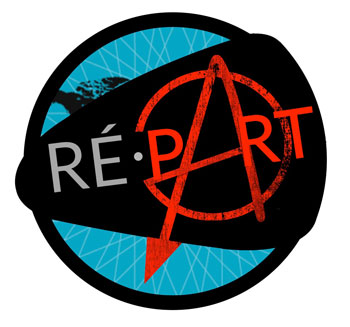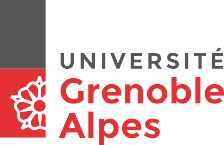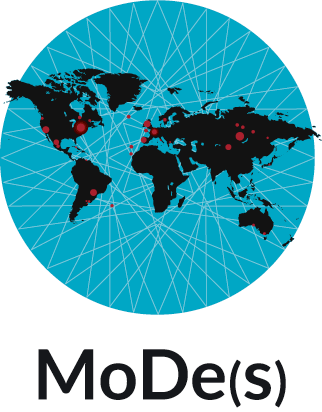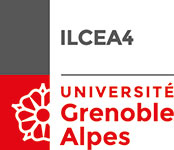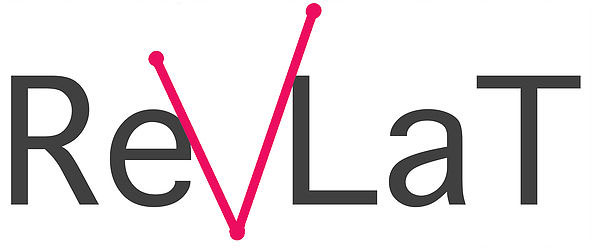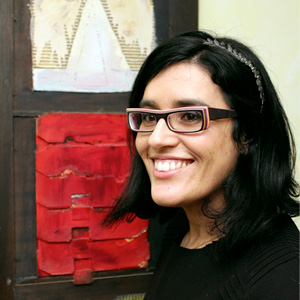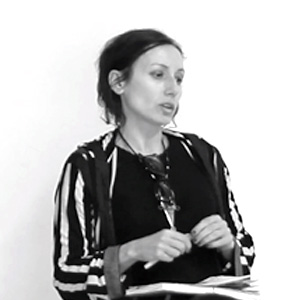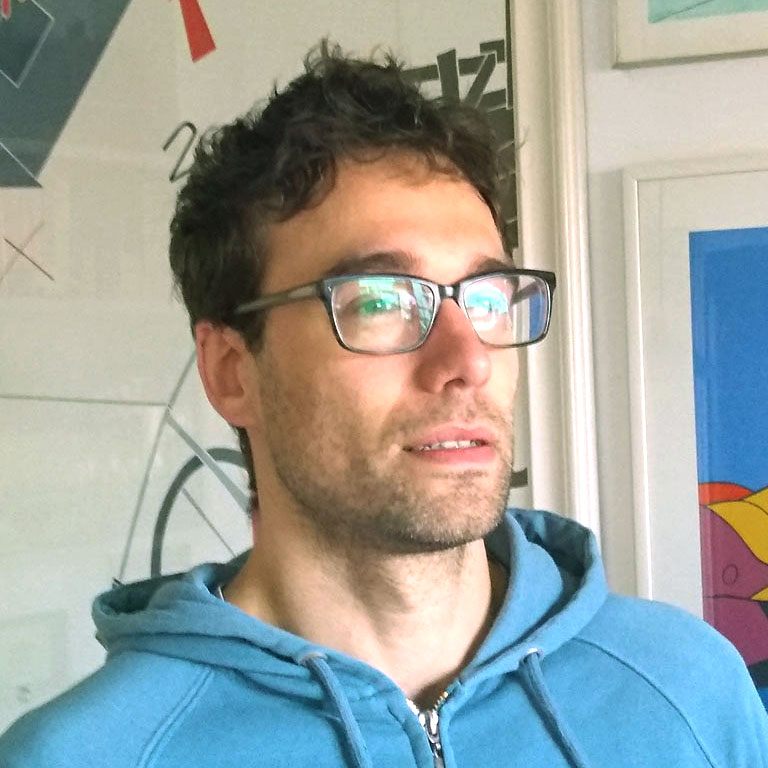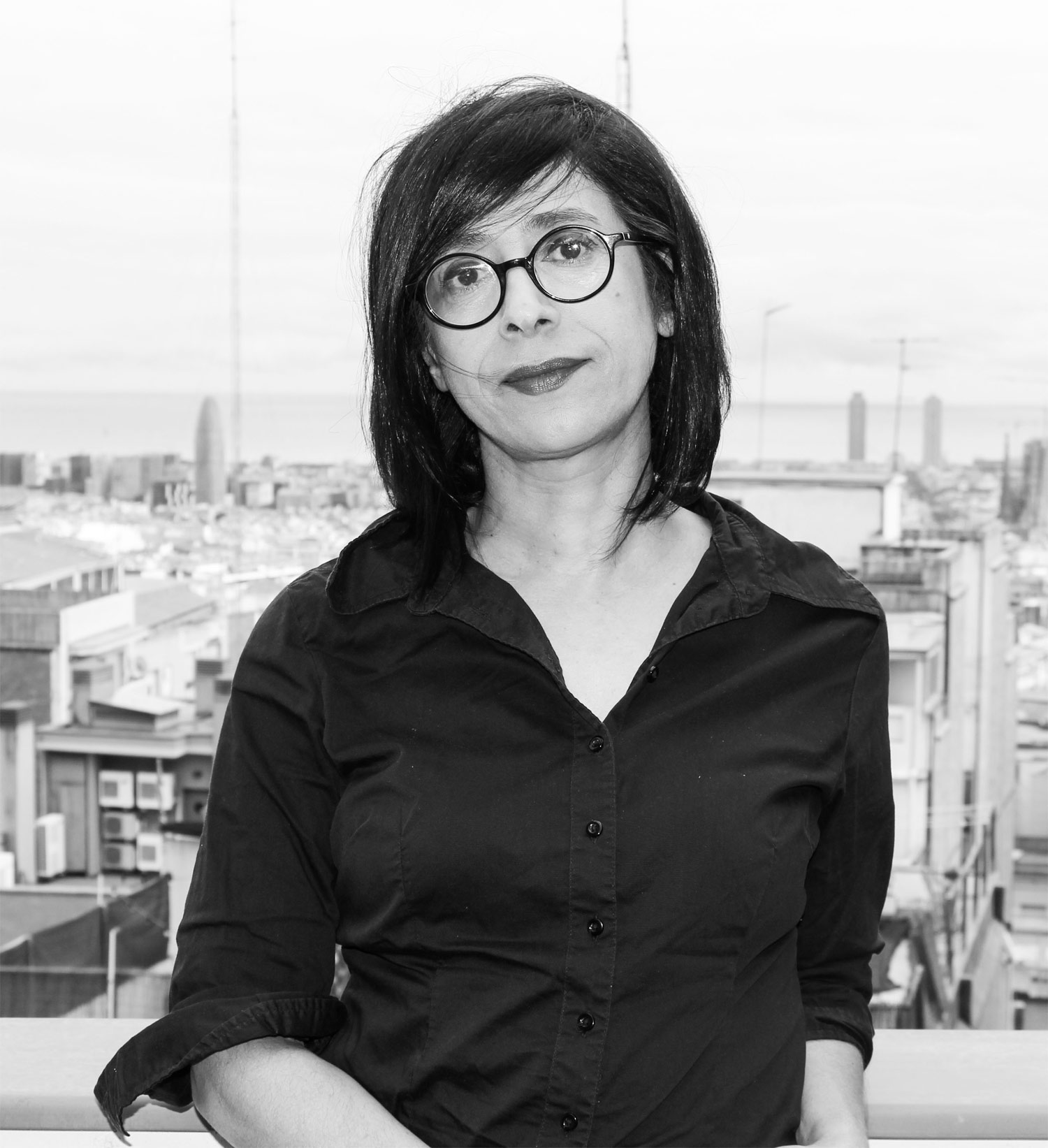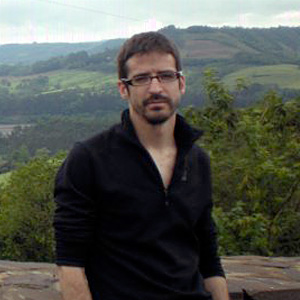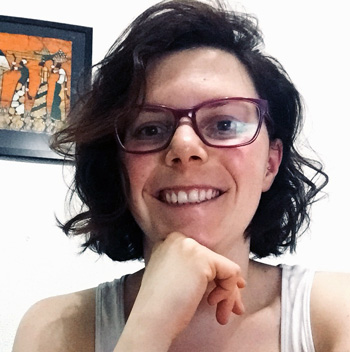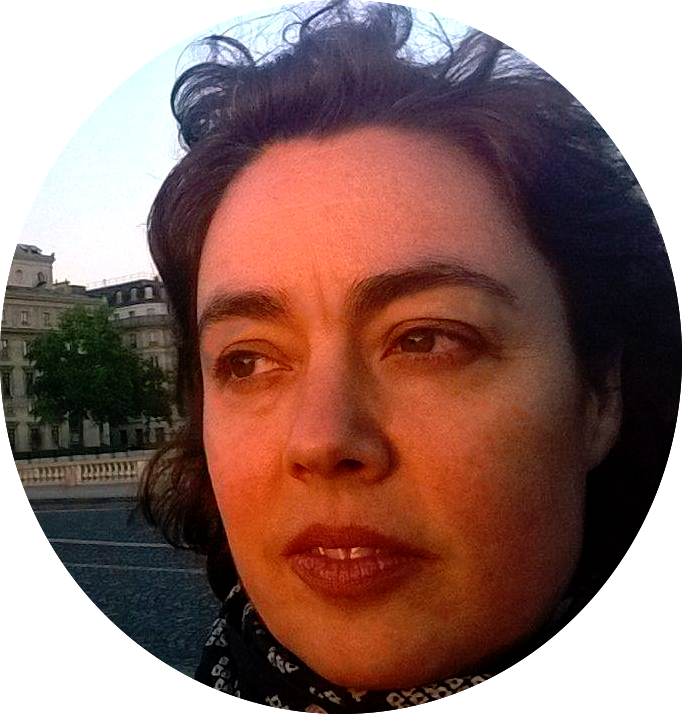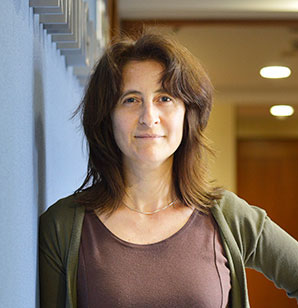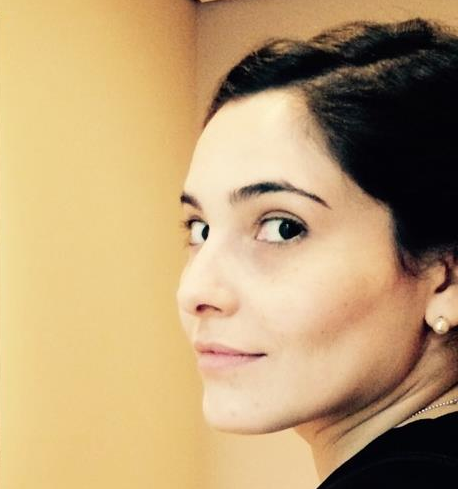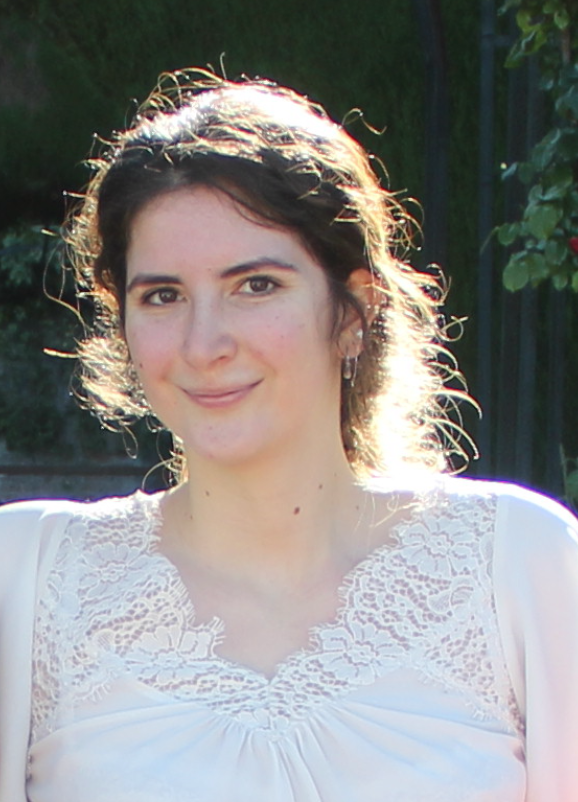Ré.Part – Partisan Resistance(s): Visual culture, collective imagination and revolutionary memory
This project aims to open up an innovative field of research on resistance movements since the Second World War, the intersection of cultural history and visual culture. It is divided into two areas of analysis: 1) A transnational study of the visual productions of partisan movements (visual arts, graphic production, poster, photography, film and video) and their contribution to the configuration of new practices, the construction of visual identities and the collective awareness that formed between the SGM and the fall of the Berlin Wall. 2) A study of the implications these visual imagination still have on current visual culture, on contemporary artistic practices, as well as on the configuration of the political imagination.
From a methodological point of view, it first proposes a shift from the traditional object of the history of resistance (based mainly on the literary domain and the document) to visual culture, as well as an expansion of chronologies including antifascist, anti-imperialist and anti-capitalist movements within a genealogy that includes continuities and ruptures. In this perspective, we will seek to discuss the role that images and audiovisual productions have had in shaping these struggles and demands for civil rights as well as in networks of resistance and solidarity, considering the image as an instrument for building visual knowledge and a transnational vector for creating dissident collective behaviour and consciousness. It is therefore not a question of making an illustrated history, but rather a history of visual productions that highlights their semantic specificities, their uses and materialities, their ability to elaborate transnational codes, their recurrence, their modelling function as well as their “fragility” and ambiguities.
Our project, developed by an international team, is rooted in an approach that transcends national frameworks and links movements, ideologies and practices between the southern and northern hemispheres. For, despite differences in contexts, these visual productions can be seen as part of a culture of resistance shared by Western, Eastern European and Third World geographies. Favouring a transnational and transversal analysis, partisan legacies will be discussed from and through the cultural sphere of concrete enclaves and through the prism of case studies (in France, Spain, Portugal, Italy, Yugoslavia, Mexico, Argentina or Cuba), with a particular emphasis on the processes of transfers and exchanges and their relations with socio-political dynamics. Working on networks and the circulation of images, people (artists, directors, photographers) and ideologies, the project aims to show how these networks and visual identities have been formed, transferred, adapted to local contexts and led to the creation of transnational communities and proto-global mapping.
By combining critical analysis and geospatial visualization with historical parameters, we hope not only to evaluate complex processes, but also to make understandable the ways in which visual culture, as well as artistic exchanges, have helped to shape transnational resistance movements, which have themselves helped to shape the multicultural and global society in which we live today.
Ré.part proposes four axes of analysis: 1. Violence and representation: synchronic approaches and present challenges (which aims to study the role of violence and the challenges of its representation); 2. Transnational visual codes and identities: reappropriation, uses and resemantisations (which focuses on how partisan culture has set up visibility regimes, what have been their materialities and reactivations in local contexts); 3. Networks and displacements: circulation of struggles, images and creators (which seeks to analyze models of collaboration and circulation of images and artists); 4. The figure and representation of the partisan: an imaginary in transformation (how the image of the partisan since the Second World War has changed).
- Collectivization and artistic activism in the South (26 April 2022, Université Grenoble Alpes)
- Partisan Cultures: Weapons of Mass Creation (1 – 2 October 2021, Volkstheater Wien)
- Arts and Rebel Writing. Dissident Images and Linguistic Resistance
(3 May 2021, Université Grenoble Alpes) - Counter-Archive (29-30 April 2021, ICI Berlin)
- Le Musée de la Solidarité Salvador Allende, de l’Unité Populaire au retour d’exil (1971-1991) (8 October 2020, Université Grenoble Alpes)
- Partisan genealogies: counter-visualities since WWII (7 May 2020, Université Grenoble Alpes)
- Partisan Resistance(s): a tool box for analyzing transnational concepts and images (17 – 18 March 2020, Université Grenoble Alpes)
- Meeting with… Isabel Plante ( 21 February 2020, Arts et Sciences Humaines, Université Grenoble Alpes)
- Le camarade Pi©a$$o au carrefour des cultures des résistances (22 November 2019, Musée de Grenoble)
- Une généalogie des révoltées du surréalisme à l’Internationale Situationniste, 1920-1978 (10 October 2019, Magasin des Horizons, Grenoble)
- Transnational solidarity and visual culture: resistance and revolutionary memories from WWII to the Cold War (24-25 June 2019, Maison des Sciences de l’Homme, Université Grenoble Alpes)
Ré.Part. Résistance(s) Partisane(s) : Culture visuelle, imaginaires collectifs et mémoire révolutionnaire / Partisan Resistance(s): Visual culture, collective imagination and revolutionary memory
Reference: ANR-15-IDEX-02.
Call: IDEX/IRS 2019 Initiatives de Recherche Strategique, IDEX Université Grenoble Alpes
Funding organismt: Agence Nationale de la Recherche in the framework of the program “Investissements d’avenir” (ANR-15-IDEX-02).
Center of execution: Laboratoire des Recherches Historiques Rhône Alpes de l’Université Grenoble Alpes
Period of execution: 1 June 2019-31 December 2021
Partners: Laboratoire ILCEA4 (Institut des Langues et Cultures d’Europe, Amerique, Afrique, Asie et Australie (EA 7356); Universitat de Barcelona with the research project and international platform MoDe(s) : Decentralised Modernities : Art, politics and counterculture in the transatlantic axis during the Cold War ; l’association Red de Estudios Visuales Latinoamericanos.
Project leader: Paula Barreiro López (Professor, Université Grenoble Alpes)
Team: Sonia Kerfa (Professor, Université Grenoble Alpes), Fabiola Martínez Rodríguez (Assistant Professor, University Saint Louis, Madrid), Jacopo Galimberti (Postdoc researcher, University of Manchester), María Ruido (Professor, Universitat de Barcelona), Gal Kirn (Open Topic Fellow, University of Dresden), Olga Fernández López (Professor, Universidad Autónoma de Madrid), Jaime Vindel (Professor, Universidad Complutense de Madrid), Béatrice Joyeux-Prunel (Maître de conférences, HDR École Normale Supérieure de Paris).
Phd Student: Anita Orzes (Universidad de Barcelona)
